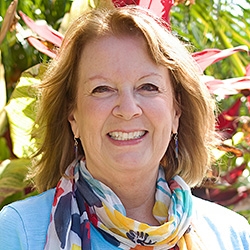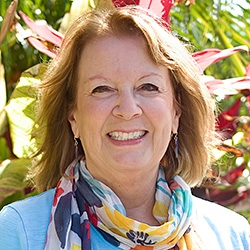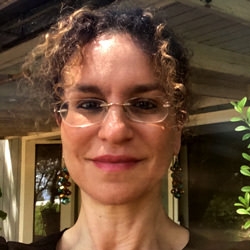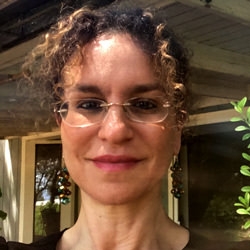

NVC Resources on Empathy
-
This holiday, shift your focus from what disappoints you to the true whisperings of your heart. Compassion is an inside-outside process. In this telecourse recording, you will experience four simple tools for savoring your own precious needs, allowing you to experience greater compassion and harmony this holiday.
-
Learn how Nonviolent Communication (NVC) can improve the quality of your personal and professional relationships, one interaction at a time.
-
Learn three tips to handle distractions from a group’s purpose, like long empathy requests.
-
Listen to Miki talk about the value of participating in groups, recognizing our inherent nature to do so, how industrialization has hindered our skills and the value of participating in a time when it's most needed.
-
Discussion into the difficult topic of parenting, childhood trauma, and social status.
-
How the "story" we tell ourselves impacts our childhood and the roles we play.
-
Listen to Miki make an important distinction between giving feedback, which is grounded in a desire to contribute to another, and our own need to be heard.
-
Creating a trusting connection and keeping the line of communication open are the primary prerequsites for giving feedback as a supervisor. Listen to Miki work with a course participant to ready herself for an upcoming feedback session.
-
Join CNVC Certified Trainer and Certified Focusing Teacher Shulamit Berlevtov in this brief exercise called the Wheel of Awareness. This exercise will help you become aware of how to distinguish and differentiate your life experience.
-
Jim and Jori Manske offer insight into blame, how it arises and how do we handle being blamed and our own blame of others.

Quick Links
Subscription Preferences
Stay In Touch!
Looking for ways to keep up with NVC Academy news, get special offers, free resources, or words of inspiration? Here are five ways to stay engaged:









